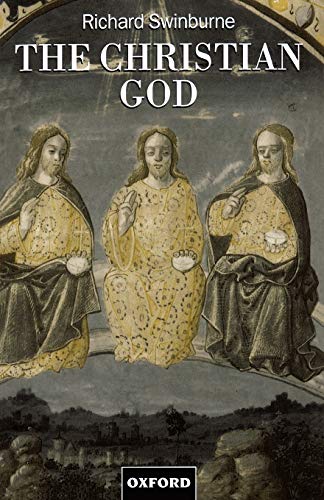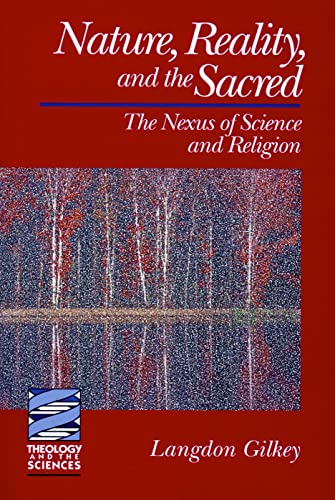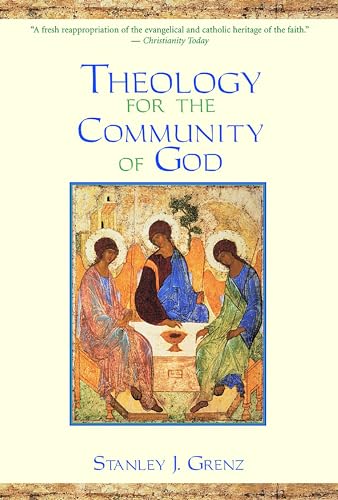A Passion For Learning: The History of Christian Thought on Education
Written by D. Bruce Lockerbie Reviewed By Dennis E. WilliamsD. Bruce Lockerbie served 34 years at the Stony Brook School in New York as teacher and administrator. For the past 30 years he has also been an educational consultant to schools, colleges, seminaries and churches.
A sweeping overview of scriptures underscoring the importance of education is presented and is followed by the inclusion of selected texts from both the OT and the NT. It is a good beginning in establishing a biblical foundation for Christian education. Then the author goes through the periods of history beginning with the first century up to the present day.
The format is to provide a brief historical overview of each period with selected representatives who have contributed significantly, with a sample of their writings. It is not a book that one would sit down and read cover to cover. It is a reference work of the writings of the outstanding educators since the first century. One could choose to read the introductory overview of each of the ten periods and gain a helpful summary of the history of Christian education.
Though the title of the book includes the phrase ‘The History of Christian Thought on Education’, the author is focusing primarily on the Christian school movement. He makes a distinction between the broad term ‘Christian education’ and ‘Christian schooling’. Christian schooling, to him, is a formal pedagogical instruction—whether institutionalized or at home—for children usually grouped in elementary and secondary grades, kindergarten through grade 12, intended by those who found and maintain them to be places where the principles of biblical Christian doctrine are manifest in both teaching and living. The entire curriculum exemplifies a biblical world-and-life view, an understanding of reality from a perspective framed by the Bible’s revelation of truth. Christian education is the broader term which also includes parental training in the home as well as church educational experiences.
Understanding this distinction, the reader will recognize the effort of the author to promote Christian schooling as his commentary is given on the various periods. This is not necessarily wrong, but it should be pointed out that just because a writer from history mentions the importance of learning in a Christian environment, it does not suggest that a full Christian Day School Movement is advocated.
Only one out of five evangelical families in the United States have their children in Christian schools and reasons for Christian schooling have included: personal safety, protection from adverse secular values, and a caring faculty. What is desired is a rigorous academic curriculum consciously and competently taught to instil a biblical framework for understanding reality.
This book attempts to help the reader find godly enlightenment in wisdom, knowledge and understanding. First, godly wisdom is found by looking at biblical instruction, which informs believing Christians of their mission to teach God’s truth. Second, godly knowledge is learned by reviewing the historical facts, which tie together the work of Christians from the Church Fathers to our own times. Third, godly understanding is uncovered in those texts that spell out the philosophy and practice of a Christian education, which integrate all learning under the reality of the Lordship of Jesus Christ. By bringing together the significant writings of educators throughout the ages, Lockerbie has produced a significant volume for Christian educators. Students will be able to read selected manuscripts of these giants in a single volume.
Dennis E. Williams
The Southern Baptist Theological Seminary, Louisville, Kentucky







